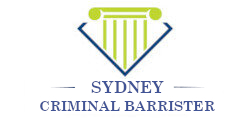AFP looking for cryptocurrency investigators!
Cryptocurrency is a highly volatile and relatively new market / method of exchanging wealth. Whilst certain KYC (know your customer) legislation exists, the cryptocurrency medium is still in its infancy. It is attractive to money launderer’s as it provides a good medium to transfer wealth whilst not recognising borders and remaining pseudonymous. The rise of […]Continue reading











